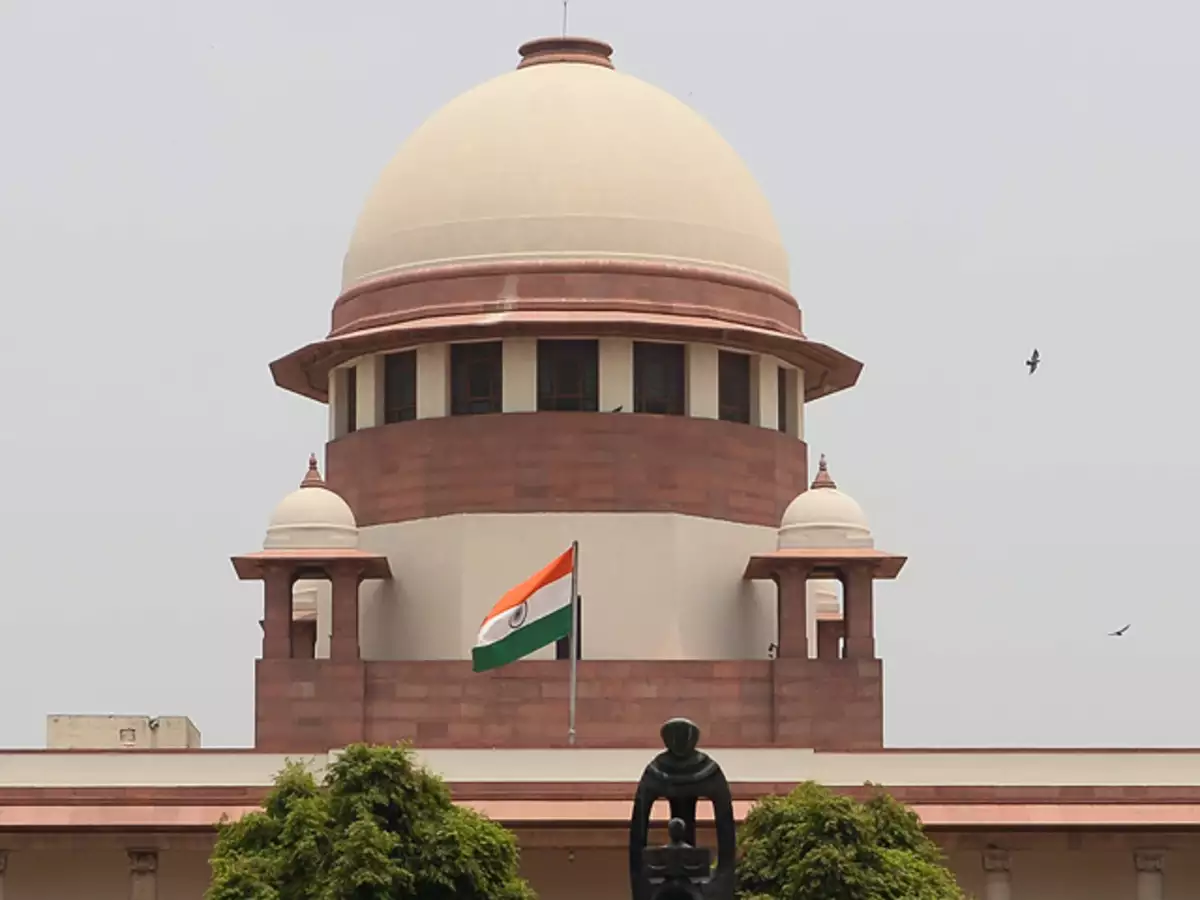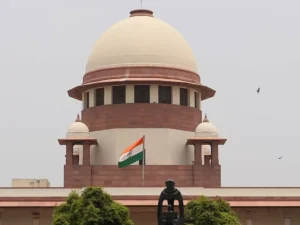HINDU SUCCESSION ACT AND RIGHTS OF WOMEN
The Hindu Succession Act of 1956 codified the Mitakshara School of Hindu law. The 1956 law regulates succession and property inheritance, but it only recognizes men as legal heirs. This applies to anyone who is not Muslim, Christian, Parsi or Jewish. Buddhists, Sikhs and Arya Samaj and Brahmo Samaj followers are also considered Hindus under this law. Under the Act of 1965, coparcenary interest of Hindu family property is limited to male descendants, who inherit co-ownership at birth.
Until the Hindu Succession Act of 1956, the law was biased against women. The situation only improved after the Hindu inheritance law was amended in 2005 to allow daughters to have equal rights to their father’s ancestral property. According to the provisions of Article 6 of the Amended Act, the coparcener’s daughter is now a coparcener by birth, because she was born “by reason, like a son”. It also grants the daughter the same rights and duties as if she were a son “in the coparcenary property.”. The law applies to both ancestral property and personal property intestate succession, which occurs without the use of a will. Before the 2005 amendment, Andhra Pradesh, Karnataka, Maharashtra and Tamil Nadu incorporated this change into the law, but Kerala abolished the Hindu joint family system in 1975 . The Attorney-General of India at the time advocated a broader interpretation of the law that guarantees the equal rights of women. He criticized the Mitakshara coparcenary statue of 1956 for causing sexism and violating the strict and fundamental rights of equality guaranteed by the Constitution of India (Articles 14-18). In the case of ancestral property, a daughter now has a portion by birth, whereas self-acquired property is distributed as per the provisions of the will.
ROLE OF JUDICIARY IN DETERMINING DAUGHTERS RIGHT IN PROPERTY
According to Prakash vs Phulavati . On 16 October, 2015 the benefit of the 2005 amendment could only be granted to “living daughters of living coparceners” as of November 9, 2005. (the date on which the amendment became effective). If a father died before November 9, 2005, a daughter has no claim to ancestral property, whereas self-owned property is distributed as per the will. The court later reversed its previous decision in a subsequent ruling. In the case of Danamma v. Amar, a bench led by Justice A K Sikri held in February 2018 that during the property split under the 2005 statute, the portion of a father who died in 2001 will also transfer to his daughters as coparceners. As a result, the Court declared in February 2018 that, contrary to the 2015 decision, the portion of a father who died in 2001 shall likewise pass to his daughters as coparceners during the property split mandated under the 2005 law.
Finally, the Supreme Court knocked down the aforementioned restriction in Vineeta Sharma v. Rakesh Sharma, 2020, holding that females will have identical inheritance rights regardless of when they were born or whether their father was alive or not at the time of the 2005 modifications. In actuality, it will have a retroactive effect as it was also held that the rights under the amendment are applicable to living daughters of living coparceners as on the date 09.09.2005, irrespective of when such daughters are born. According to the court, Many matters are delayed as a result of the judgment and must be handled within six months. ‘A son is a son till he marries, while a daughter is a daughter for the rest of her life.’ When an issue emerged over whether the Hindu Succession (Amendment) Act, which extended equal rights to daughters in ancestral property, had retroactive effect, a three-judge bench led by Justice Arun Kumar Mishra reiterated this.
LAW ON INHERITANCE OF ISSUELESS AND HEIRLESS FEMALE HINDU DYING INTESTATE
Arunachala gounder (dead) by Lrs v. ponnusamy on 20th january, 2022
The decision came in response to an appeal against a Madras High Court decision concerning Hindu women’s and widows’ property rights under the Hindu Succession Act.
The Supreme Court was asked essentially two questions:
1. Can daughters inherit their father’s self-acquired property if he dies intestate or does it pass to the father’s heir through survivorship?
Justice Murari’s bench decision also addressed whether such property would pass to the daughter by inheritance after the death of her father, who died without a will, or whether it would pass to “father’s brother’s son by survivorship.”
In response, the Supreme Court stated that Hindu daughters would be entitled to inherit their father’s property in the absence of any other legal heir; they would be given priority over other members of the family in inheriting the property even if the father did not leave a will. The Supreme Court ruled that daughters should have equal rights to their father’s property, even before the Hindu Succession Act (HSA),1965 came into force.
If a male Hindu died intestate (without a will), his property was passed on by inheritance, not survivorship, whether self-acquired or coparcenary or division of family property. His daughter would be entitled to inherit such property before other collateral (such as sons/daughters of deceased father’s brothers.) The right of a widow or daughter to inherit self-acquired property or a share received in the partition of a coparcenary property of a Hindu man dying intestate is fully recognised not only under old customary Hindu Law but also by different judicial pronouncements. It clarified that if a Hindu man died intestate, his property, whether self-acquired or acquired through or earned through the partition of a coparcenary or family property, will pass to his daughters by inheritance, rather than by survivorship, as was the situation before 1956.
2. Upon whom will the property of a female dying intestate devolve?
When a Hindu woman dies without a will, the property inherited from her father or mother is passed on to her father’s heirs, while the property inherited from her husband or father-in-law is passed on to her husband’s heirs. Section 15(1) of the Hindu Succession Act (HSA) states that the property of Hindu females who die intestate passes to their own heirs, as listed in this subsection. “Section 15(2) makes an exception, stating that this provision only applies to property gained by inheritance (ancestral property) and that it is limited to property inherited by a Hindu female from her father or mother, husband or father-in-law, and where she dies without heirs.” It noted the legislative goal was to repair the limitation of a Hindu woman who could not claim an absolute interest in the properties inherited by her but only had a life interest in the estate so inherited.
CONCLUSION
The recent Supreme Court pronouncement clarifies the inheritance laws as applicable to a Hindu female as follows:
(a) The Hindu daughter inherits her father’s self-acquired property
(b) The law of “inheritance” takes precedence over the rule of “survivorship.”
(c) According to the Hindu Succession Act of 1956, the Hindu female has an ‘absolute’ right to such property rather than a limited ‘lifetime’ interest.
(d) Only when the Hindu female dies may such property be returned to the source.
The missing card has been placed on top of the deck as a result of the Hon’ble Court’s decision. While there may be a small number of such situations, they would not take 28 years to resolve, as this one did, because the law has been clearly laid down, leaving no space for any ambiguity. This is a significant victory in a country where women face significant social and legal barriers to inheritance daughters, like sons, have the right to inherit their father’s ancestral or self-acquired property in the event of a male dying intestate. Women nowadays are proud owners of self-acquired properties and manage their financial affairs independently.













